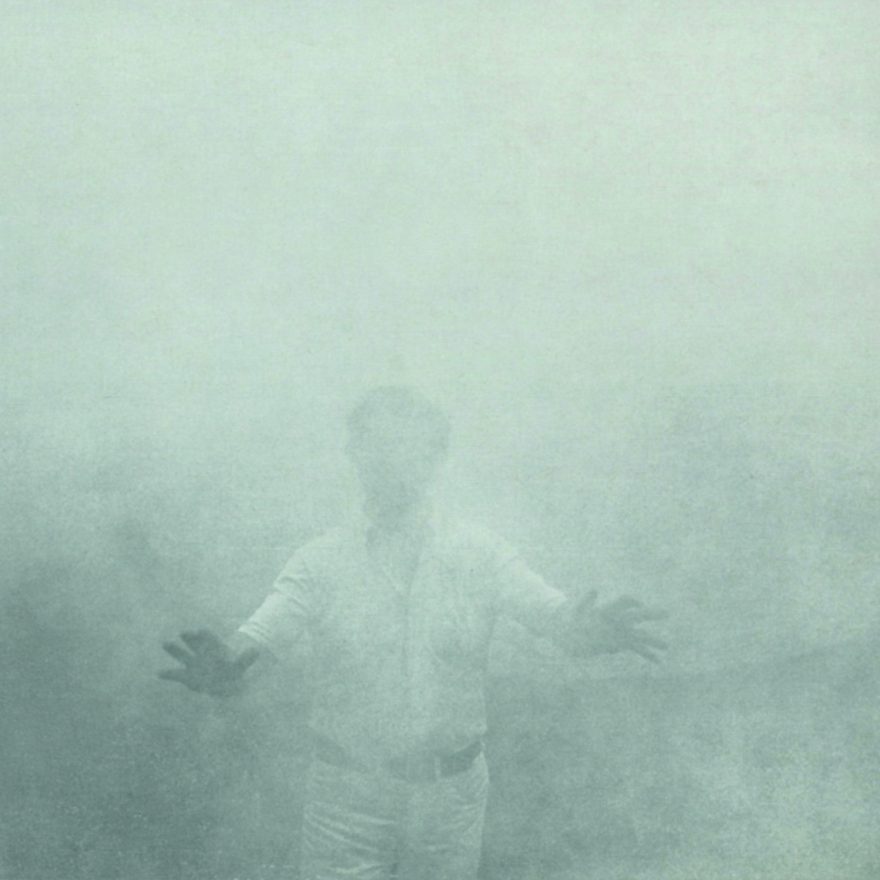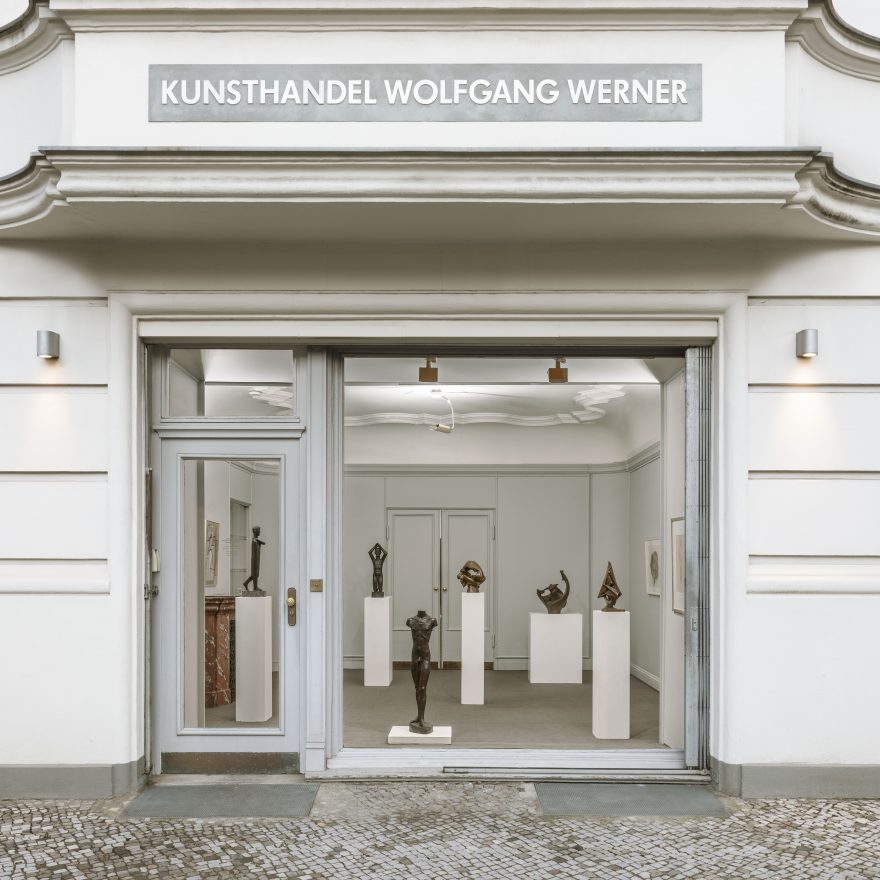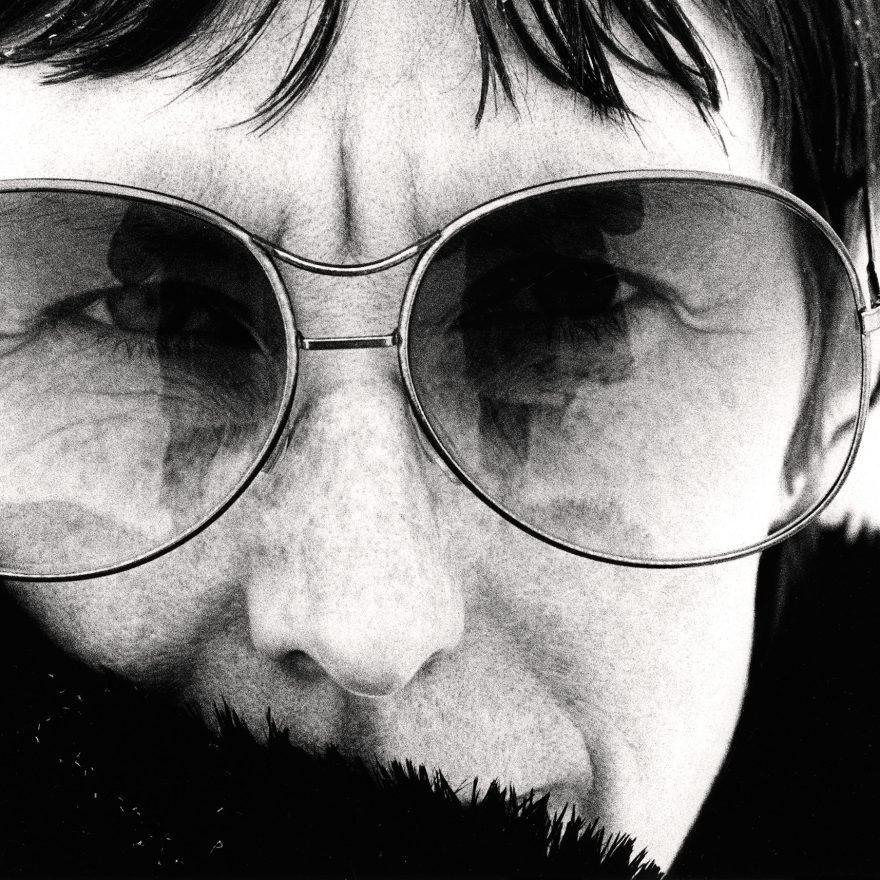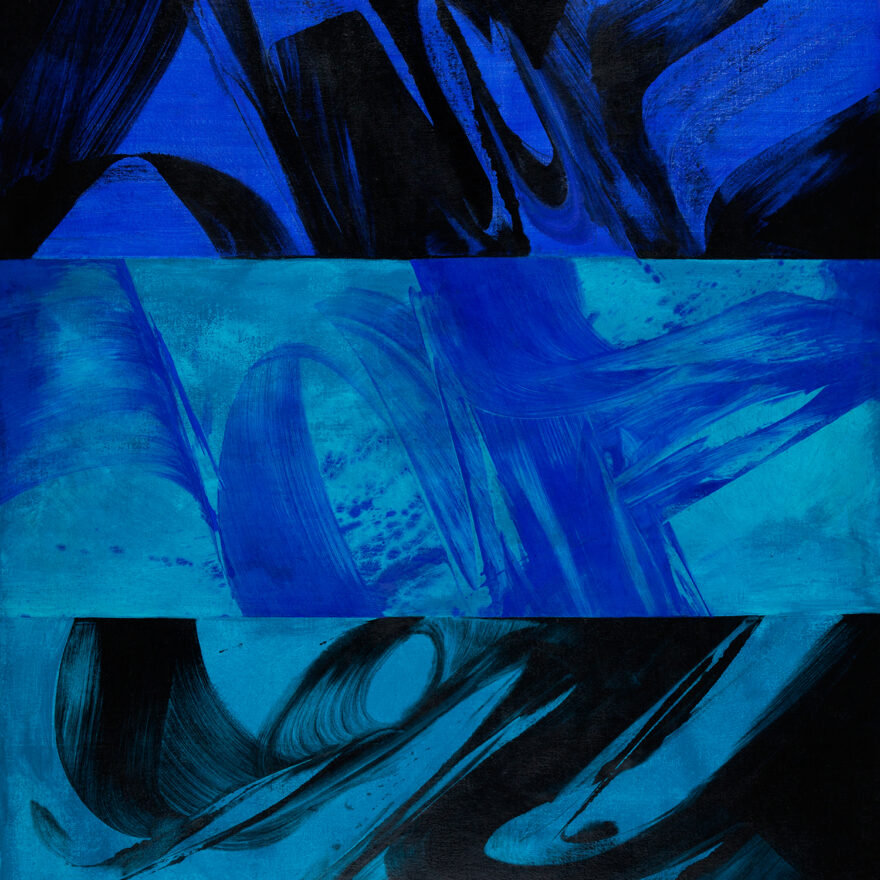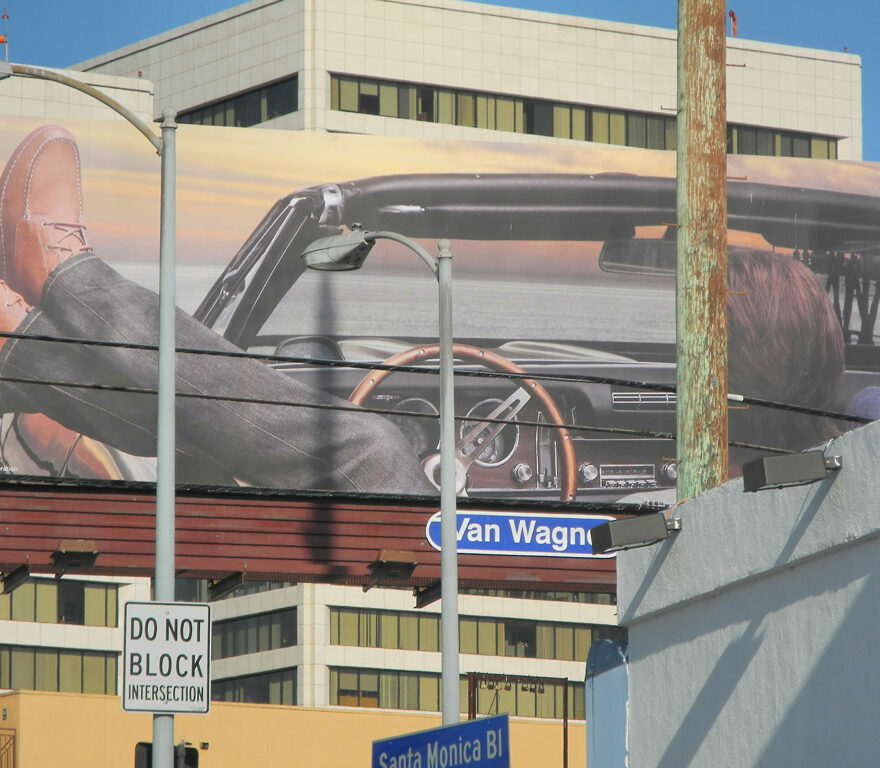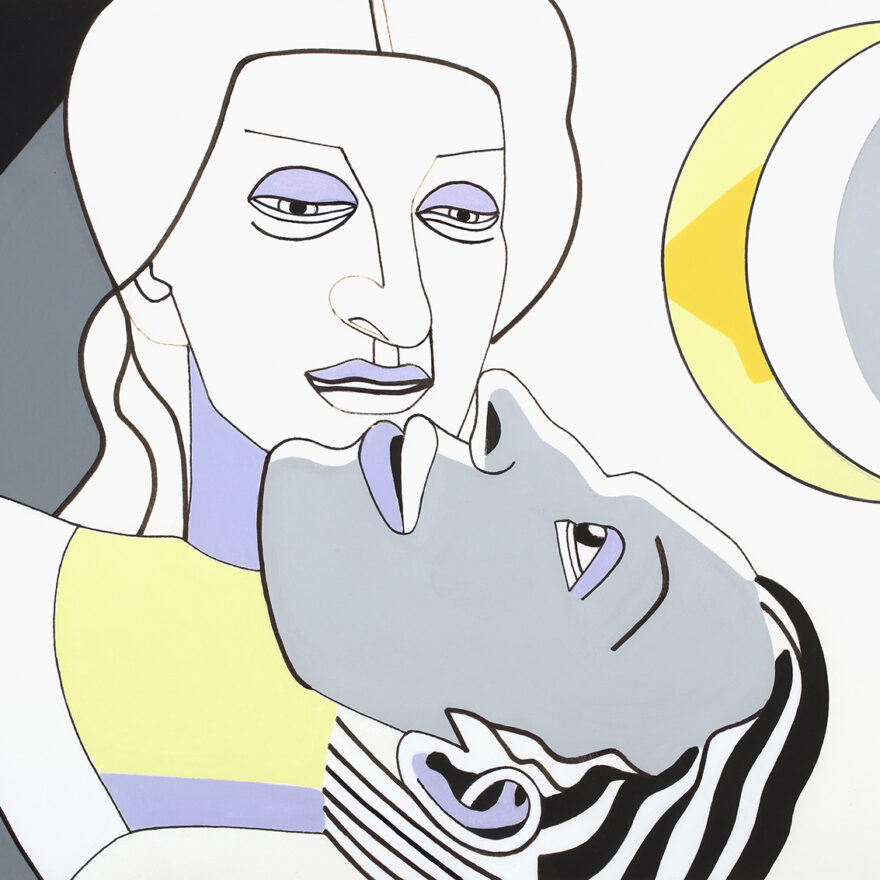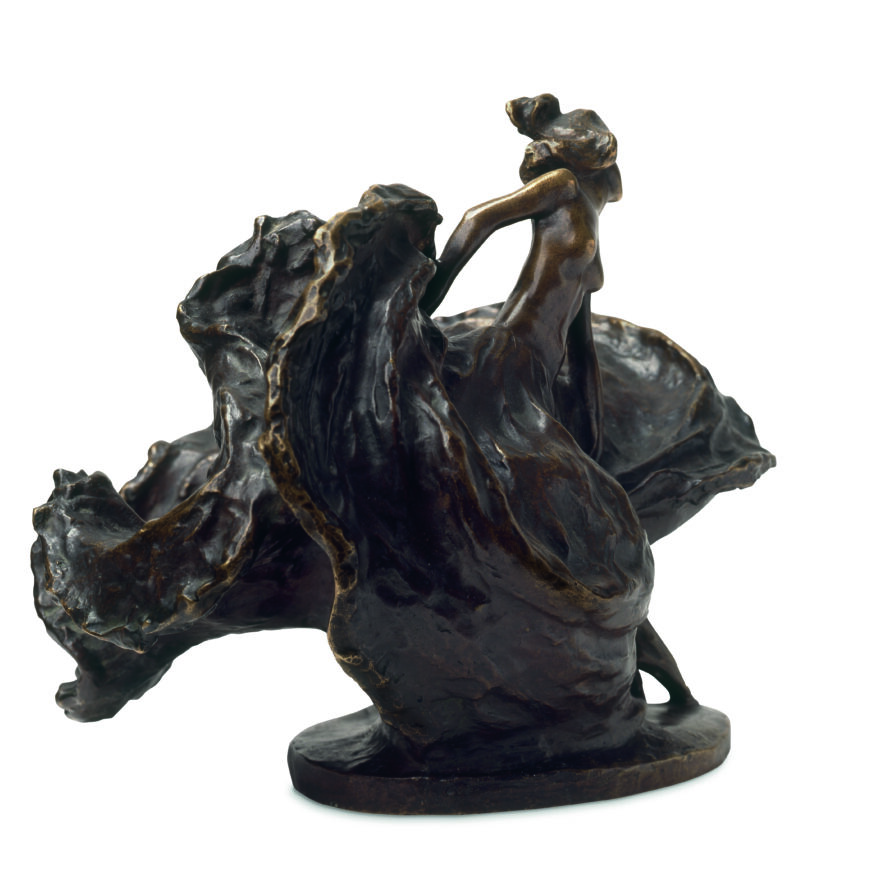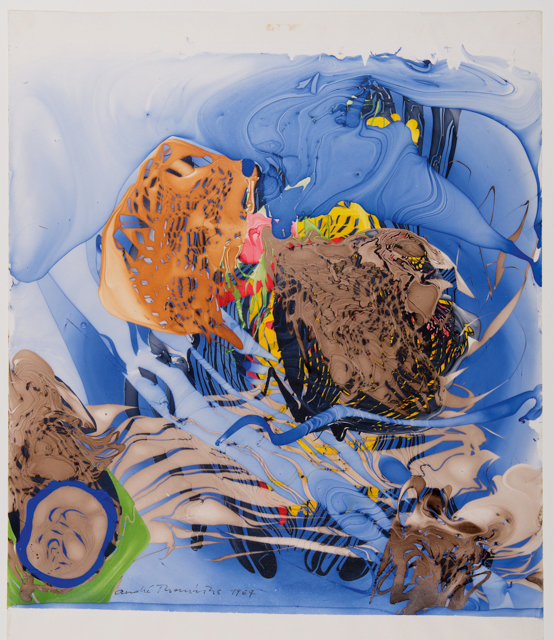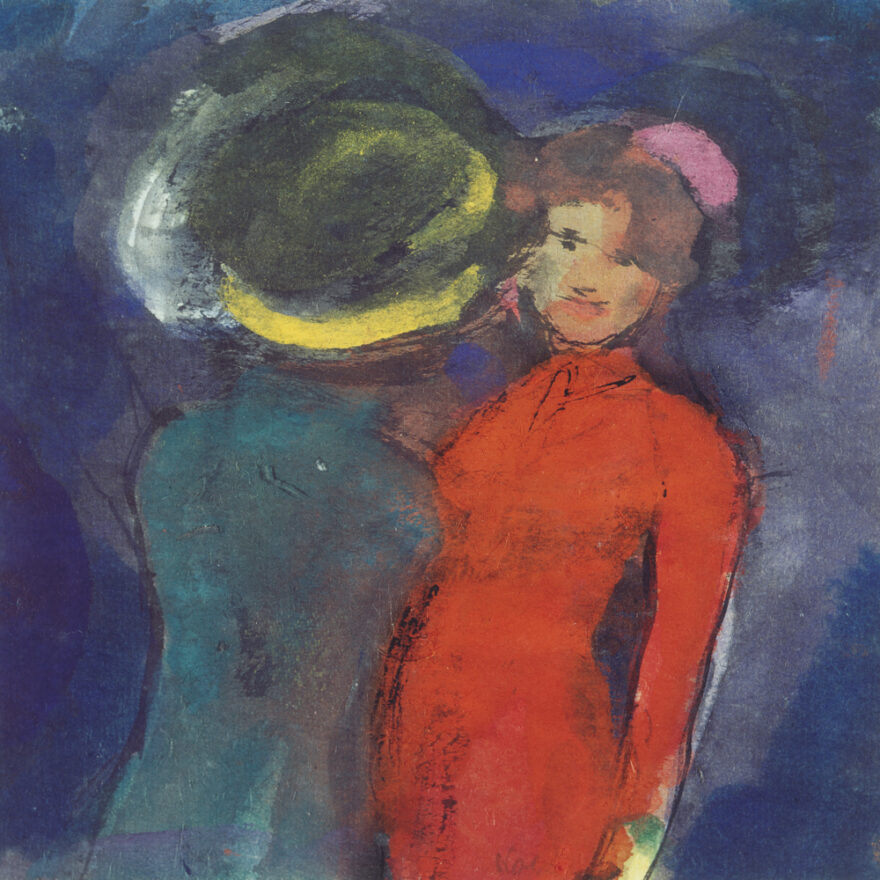Emil Nolde / Paula Modersohn-Becker
15 NOV 2025 until 7 FEB 2026
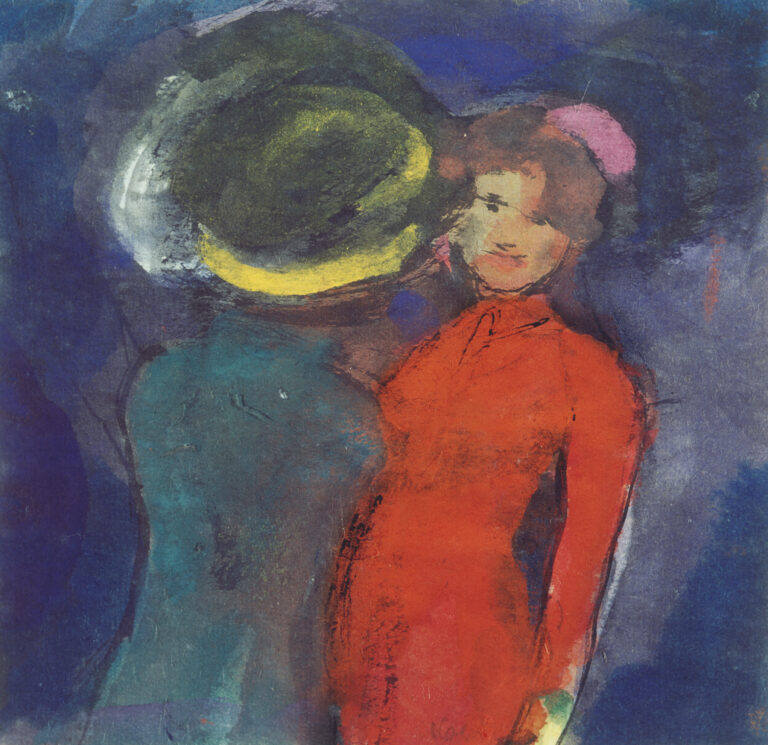
Emil Nolde
Zwei Damen mit Hüten, Berlin Winter 1910
Gouache und Feder,
17 x 17,3 cm
Photo: Lars Lohrisch, Bremen.
Courtesy: Kunsthandel Wolfgang Werner
In unserer Ausstellung Paula Modersohn-Becker (1876–1907) und Emil Nolde (1867–1956) stellen wir zwei bedeutende Wegbereiter der klassischen Moderne gegenüber. Beide eint die Suche eines malerischen Ausdruckes, der das Sujet in eine einfache Formensprache fasst und auf das Wesentliche reduziert. Gerade in ihrer jeweiligen Auseinandersetzung mit der menschlichen Figur zeigt sich, wie beide Künstler mit wenigen Mitteln groß empfundene Bilder erschaffen und dabei mit Form, Farbe und Technik experimentieren.
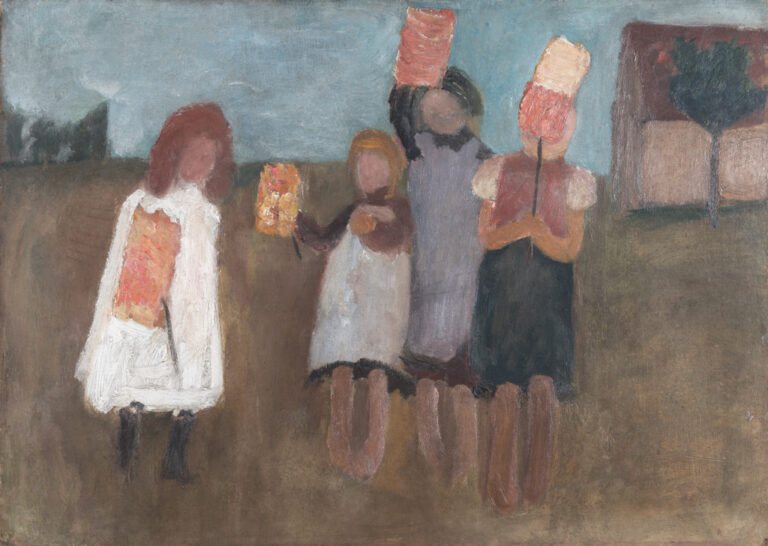
Paula Modersohn-Becker
Kinder mit Laternen vor Haus, um 1901
Öltempera, 40,5 x 57,2 cm
Courtesy: Kunsthandel Wolfgang Werner
Photo: Jürgen Nogai, Bremen
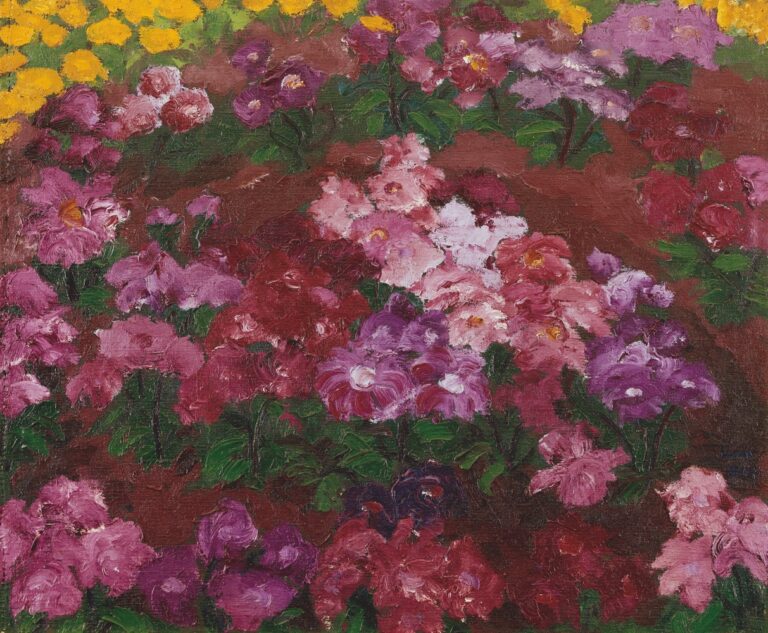
Emil Nolde
Astern, 1919
Öl auf Leinwand, 73,5 x 88,5 cm
sign. M. r.: Nolde
Photo: Lars Lohrisch, Bremen. Courtesy: Kunsthandel Wolfgang Werner
Modersohn-Becker und Emil Nolde (damals noch Hansen genannt) sind sich realiter nur einmal kurz in Paris begegnet. Im Jahr 1900 reisen beide in die Welt-Kunsthauptstadt, um an privaten Akademien zu zeichnen, im Louvre die alten Meister zu studieren und in Galerien und Salons die neuere französische Kunst anzusehen. Nolde erinnert sich: „In einer Mittagsstunde traf ich zwei seltsame deutsche Mädchen. Die eine, Paula Becker, war klein, fragend, lebhaft […]“.Modersohn-Becker ihrerseits schreibt: „Eine neue Errungenschaft ist der Maler Hansen. […] Jetzt hat er die wahre Kunst auf dem Banner und ein ernstes Streben.“
Unsere Gegenüberstellung in der Galerie verdeutlicht anhand ausgewählter Werke, wie sich die wichtigen Impulse, die beide in Paris empfangen haben, im weiteren künstlerischen Weg auswirken.
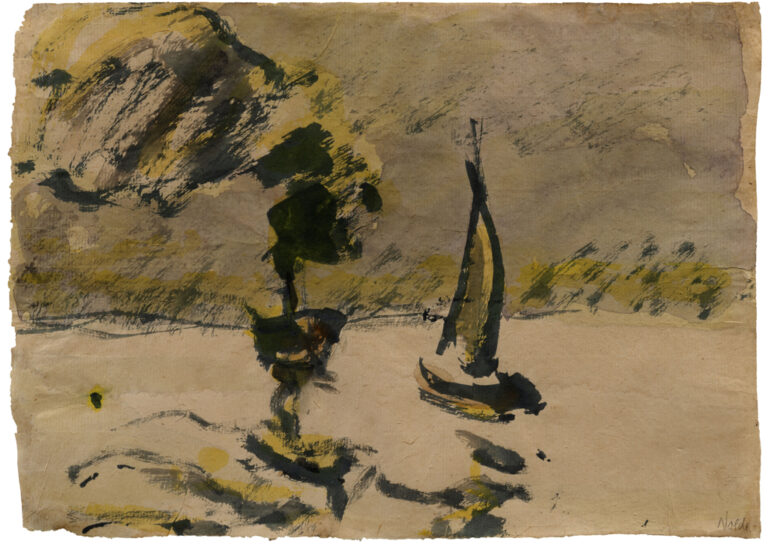
Paula Modersohn-Becker
Mutter mit vier Kindern vor einem Haus sitzend, um 1902
Kohle und braune Kreide, 28,5 x 39,2 cm
Courtesy: Kunsthandel Wolfgang Werner
Photo: Jürgen Nogai, Bremen
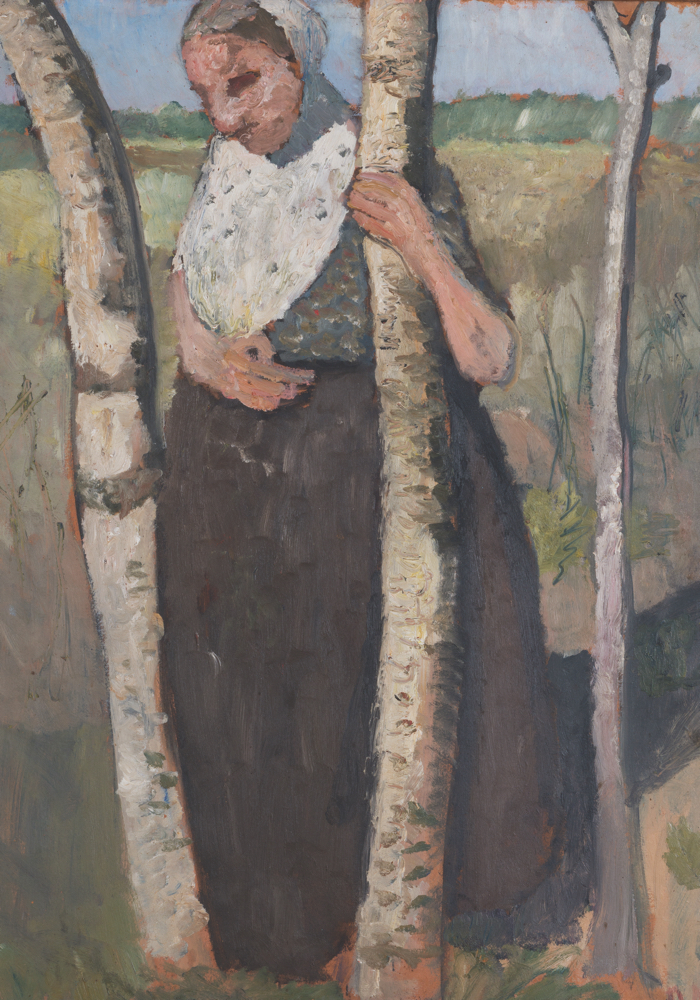
Paula Modersohn-Becker
Bäuerin zwischen Birkenstämmen stehend, 1904
Öltempera, 73 x 51 cm
Courtesy: Kunsthandel Wolfgang Werner
Photo: Jürgen Nogai, Bremen
Emil Nolde ist mit figurativen Holzschnitten, Aquarellen, Radierungen und dem gewichtigen Gemälde „Astern“ (1919) vertreten. Von Modersohn-Becker zeigen wir großformatige Figurenbilder der Worpsweder Jahre, späte Stilleben und Kompositionszeichnungen, die zeigen, wie herausragend sie ihre Bildthemen mit dem Zeichenstift erarbeitet hat.

